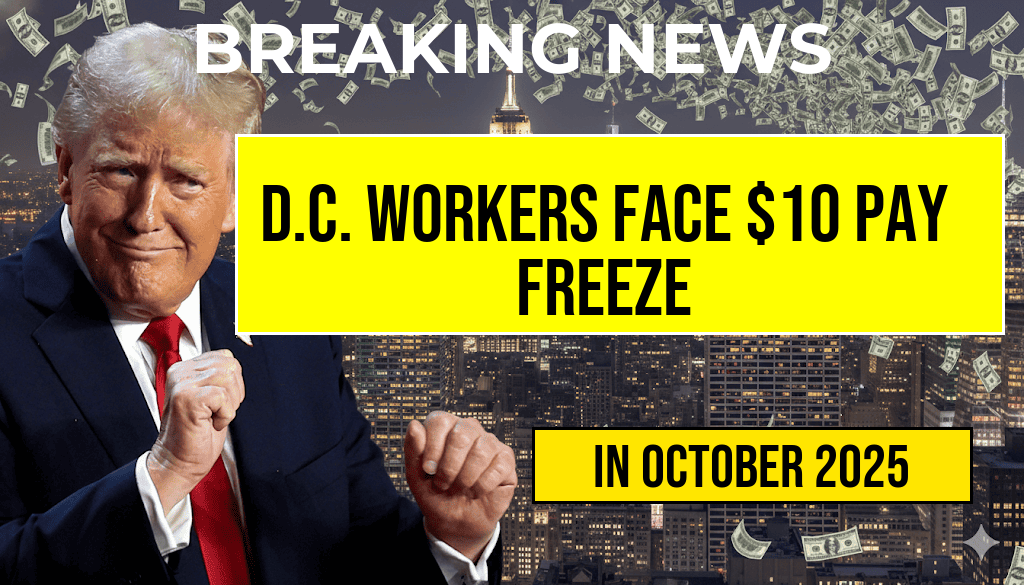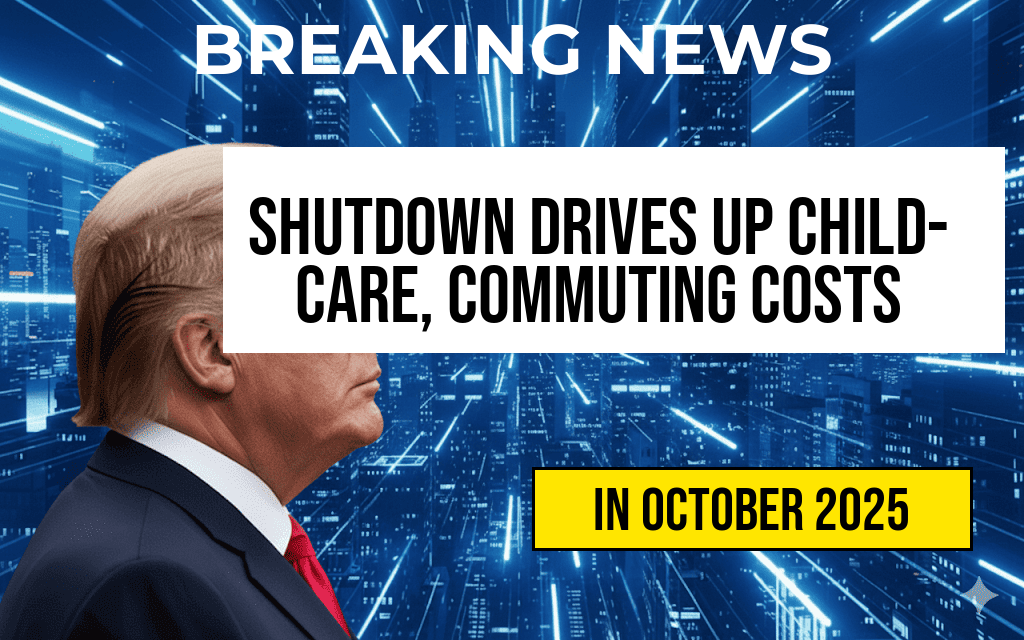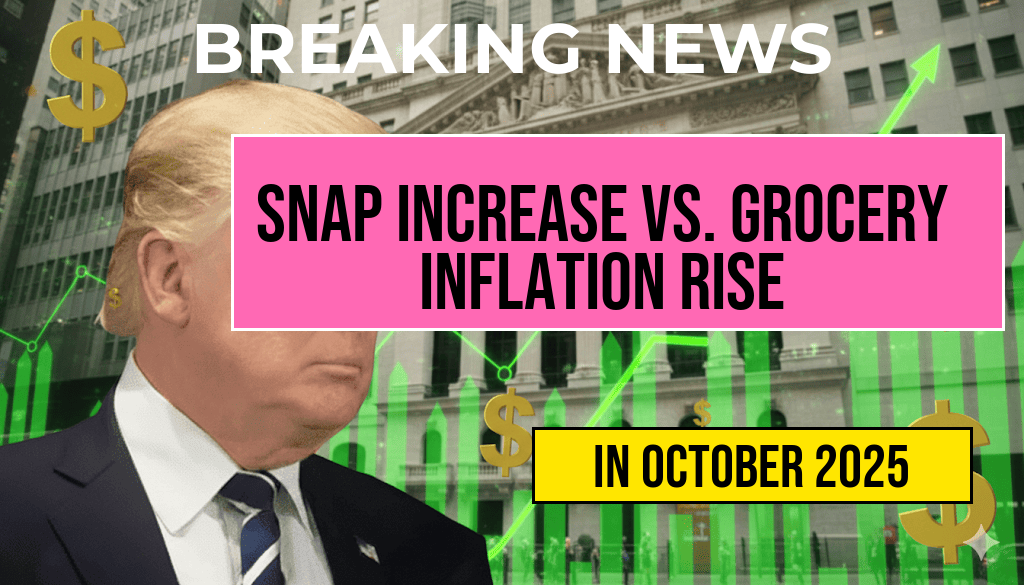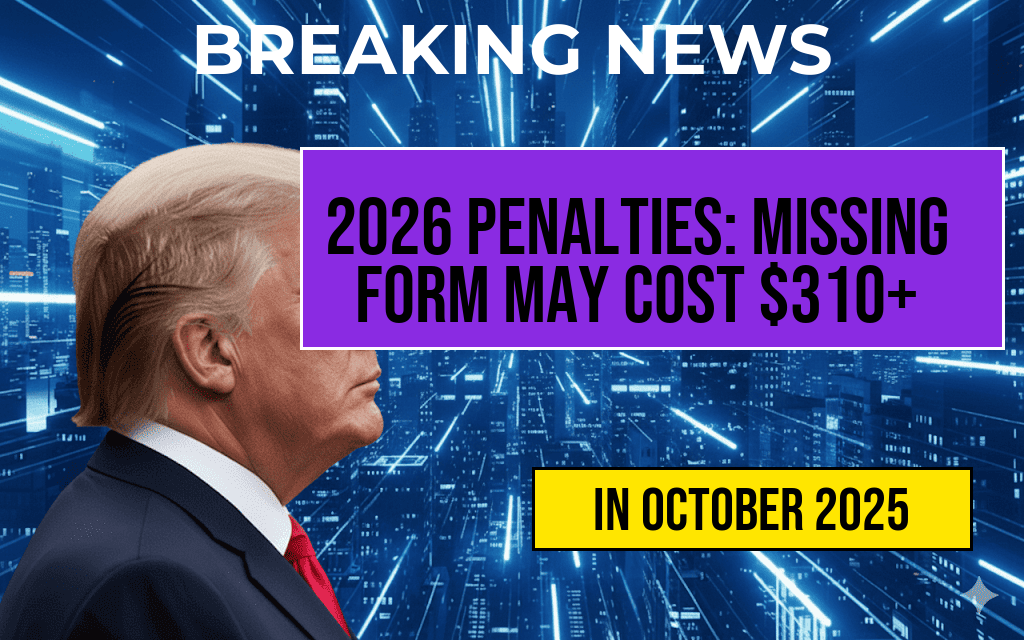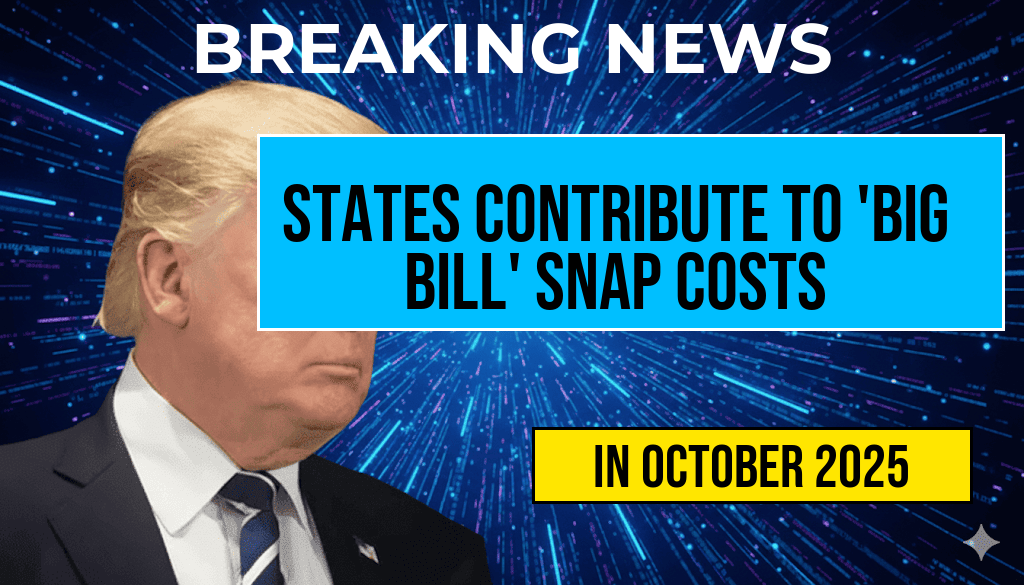In Washington D.C., tipped workers are facing a significant challenge as the city’s proposed minimum wage increase is met with a controversial freeze on base pay. Under the new legislation, the base pay for tipped employees is set to remain at $10 an hour, despite a rising cost of living, which many argue is costing these workers hundreds of dollars in potential tips each week. Advocates for tipped workers say that the decision undermines their financial stability, particularly as inflation continues to erode earnings, while business owners argue that the frozen wage is necessary for maintaining jobs in a competitive market. The situation has ignited a heated debate about the balance between fair wages and the viability of the service industry in the capital.
Understanding the Wage Freeze
The base pay for tipped workers in D.C. has been a contentious issue for years. Currently, the city mandates that tipped employees must make a minimum of $10 per hour, which is significantly lower than the standard minimum wage of $16.10 for non-tipped workers. This discrepancy allows restaurants and other service industries to rely heavily on tips to ensure their workers earn a livable wage. However, with the freeze on base pay, many tipped employees are concerned that their earnings will not keep pace with rising living costs.
The Impact on Tipped Workers
For many tipped workers, such as waitstaff, bartenders, and hairdressers, tips can make up a substantial portion of their income. According to recent surveys, some workers report earning as much as $300 to $500 in tips per week. With the base pay remaining static, the potential for increased earnings from tips diminishes, directly affecting workers’ livelihoods.
Economic Factors at Play
The decision to freeze the base pay for tipped workers comes amid ongoing debates about inflation, cost of living adjustments, and the health of the service industry. As prices for everyday goods and services continue to soar, the financial strain on tipped employees becomes more pronounced. The Bureau of Labor Statistics has reported a steady increase in the Consumer Price Index, indicating a growing economic burden on lower-wage workers.
Arguments From Both Sides
- Supporters of the freeze argue that maintaining a lower base pay helps businesses remain competitive, particularly in a city where the cost of running a restaurant is already high.
- Opponents contend that the freeze disproportionately affects workers who rely on tips, advocating for a more equitable solution that addresses both worker welfare and business sustainability.
Legislative Responses and Future Outlook
In light of the ongoing discussions, local lawmakers are being called upon to revisit the wage structure for tipped workers. Some proposals suggest a gradual increase in the base pay, coupled with a reevaluation of the tipping model altogether. Advocates for workers’ rights are pushing for legislation that would increase transparency in tip reporting and distribution, ensuring that workers receive fair compensation for their services.
As the debate continues, many tipped employees are left in uncertainty about their financial future. With rent prices in D.C. climbing and inflation showing no signs of abating, the call for action becomes increasingly urgent. The outcome of this situation could set a significant precedent for tipped workers across the nation.
Conclusion
The freeze on the base pay for tipped workers in Washington D.C. highlights a complex intersection of economic realities and legislative action. As the city grapples with the implications of this decision, the voices of those directly affected are crucial in shaping the future of tipped wage policies. With the service industry facing unprecedented challenges, the resolution of this issue will likely have lasting effects on the livelihoods of many workers.
| Wage Type | Current Rate | Standard Minimum Wage |
|---|---|---|
| Base Pay for Tipped Workers | $10.00 | $16.10 |
| Potential Weekly Earnings from Tips | $300 – $500 | N/A |
For more information about the economic conditions affecting tipped workers, visit Forbes and learn more about the ongoing debates surrounding minimum wage policies.
Frequently Asked Questions
What is the current base pay for tipped workers in D.C.?
The current base pay for tipped workers in D.C. is set to remain at $10 per hour, which has caused concern among many employees in the service industry.
How does the base pay freeze affect tipped workers’ income?
The base pay freeze means that tipped workers could lose out on hundreds of dollars each week, as their total earnings heavily rely on tips to supplement their income.
Why is the base pay for tipped workers being frozen?
The decision to freeze the base pay for tipped workers is part of a broader discussion on wage policies and economic conditions, but it has sparked significant debate among advocates for fair wages.
What impact does this freeze have on the service industry in D.C.?
The freeze could lead to decreased morale among tipped workers and may impact the overall service industry in D.C., as employees may feel undervalued and seek employment elsewhere.
Are there any proposed changes to the current pay structure for tipped workers?
There have been discussions about potential changes to the pay structure, but as of now, the base pay freeze remains in effect, and no definitive solutions have been proposed.

